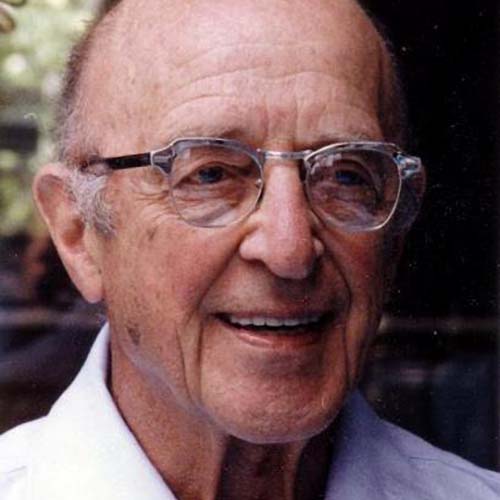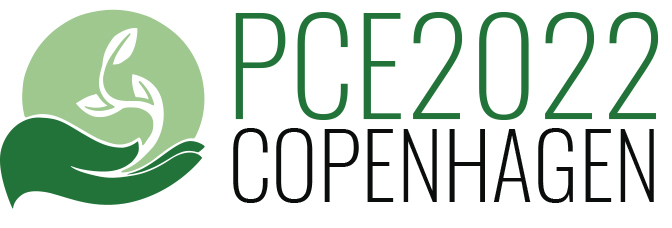Conference Theme
How Can I be of Help?
Formulating and Facilitating Change TogetherThe theme of the 15th PCE World Conference aims at addressing the core of our endeavour as therapists and clients (individual, couples, family, ect.). That which Carl Rogers asked himself in his book On Becoming a Person from 1961: “How can I be of help?”
This simple question, which is relevant for us too, is worth revisiting in order to explore what answers we find today. Carl Rogers came to this hypothesis: “If I can provide a certain type of relationship, the other person will discover within himself the capacity to use that relationship for growth, and change and personal development will occur.” (Rogers, 1961). What hypothesis can we formulate today? Is this hypothesis still accurate? Or has the research and practice since then given rise to changes, precisions or additions to this hypothesis?
With the theme How Can I be of Help?, we want to focus on how and why we do therapy. We invite the different tribes of the person-centered and experiential community to formulate ways we can be of help. We hope for inspirational discussions and exchange of ideas about the theme and would also like to invite colleagues from other theoretical orientations, but who are open to learn from the PCE-perspective, to join us for the exploration. “How can I be of help?” is a fundamental question, that we think has interest not just for the PCE-tribes, but broadly in the psychotherapeutic world.
Since we would like for this conference to also address the practical clinical question of “how”, we hope the participants of the conference will bring home inspiration and learnings on practically applicable ways of being helpful, that are grounded in the PCE-theories and values.
The “How can I be of Help?” question implies the existence of a “problem” as well as ways to be helpful in relation to the “problem”. We would like for the conference to also focus on how therapists and clients understand, formulate and describe the “problem”, AND how therapists can be of help to clients in relation to the “problem”, AND how therapists and clients can do this collaboratively.
With the conference subtitle Formulating and Facilitating Change Together, we invite practitioners and researchers to have a closer look at the relationship between the understandings or formulations (case formulations) of clients’ situation, problems or distress, and the facilitation of change processes that have a positive influence on clients’ distress.
Can we, together with clients, build psychological formulations that capture clients’ problems in a person-centered way, that honours clients’ experience (internal frame of reference) and at the same time are coherent with PCE-theory, and that for clients and therapists can be an alternative to psychiatric diagnosis?
We would like for the conference to have a strong research focus by bringing forth research results exploring the conference theme. Likewise, we would like to bring practitioners and researchers together for fruitful discussions, inspiration and future collaborations in practitioner-researcher-networks (PRN).
We hope that by exploring our formulations and ways of facilitating change in relation to both changes in clients’ problems and in relation to clients’ growth, we all will get some exciting and useful answers to the question:
“How can I be of help?”


